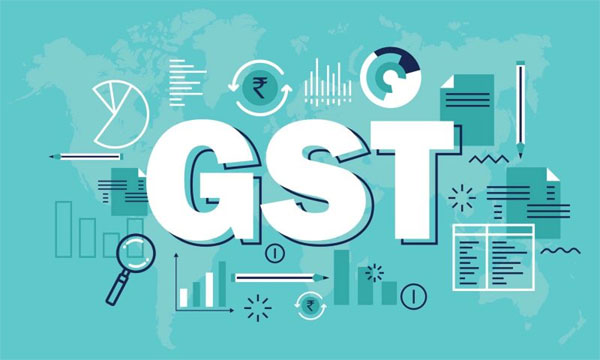Daijiworld Media Network - New Delhi
New Delhi, Sept 7: The government’s recent Goods and Services Tax (GST) cuts are expected to significantly boost consumer demand and benefit several sectors, according to a new report by global financial firm Bernstein.
The report highlights a strong positive outlook for industries such as fast-moving consumer goods (FMCG), quick-service restaurants (QSRs), footwear, apparel, and grocery retail. Bernstein called the tax cuts a clear push for India’s consumption story.
One of the most impactful changes is the sharp reduction in GST on personal and home care products like soaps, shampoos, hair oil, powders, and toothpaste — from 12–18% to just 5%. According to Bernstein, this move will immediately benefit FMCG companies by allowing them to retain a greater share of consumer spending. In the medium term, this could lead to increased demand through either larger pack sizes or consumers using their savings to purchase additional goods.

Retailers such as DMart, Vishal Mega Mart, Star (owned by Trent), and quick-commerce platforms are likely to see strong gains from this shift in pricing.
The GST rate structure for apparel and footwear has also been overhauled. Items priced between Rs 1,000 and Rs 2,500 will now be taxed at 5%, down from earlier rates of 12% or 18%, depending on category. However, for apparel priced above Rs 2,500, GST has been raised from 12% to 18%, while footwear above Rs 2,500 continues at 18%. This change is expected to benefit mid-range retailers significantly. Companies like Trent, which earns about 30% of its revenue from products priced above Rs 1,000, stand to gain. Aditya Birla Lifestyle Brands and ABFRL, whose product ranges mostly fall within the revised slabs, will also benefit. Footwear brands like Liberty, Campus, and Metro are expected to experience a noticeable impact as well.
Quick-service restaurants emerge as another major winner. The GST on key inputs such as cheese, butter, ghee, margarine, sauces, and packaging materials has been reduced. Since QSRs do not receive input tax credit, GST on inputs directly increases their operational costs. The rate cuts, therefore, offer immediate margin relief.
Bernstein concludes that these GST changes are likely to accelerate consumption across a wide range of price-sensitive categories, offering both short-term margin gains and long-term volume growth.